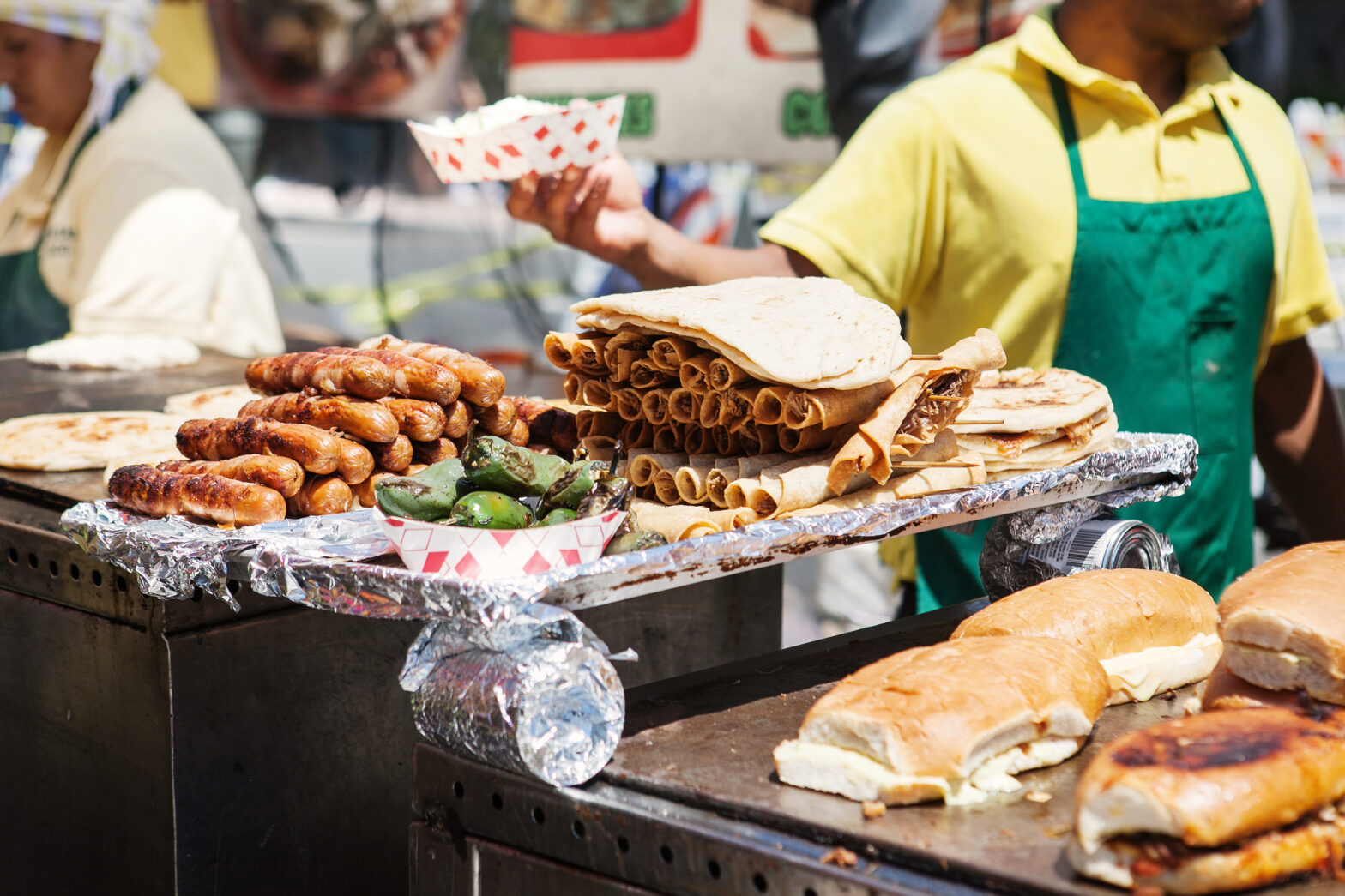He worked long hours as a stockbroker, but still found time to build an award-winning business in his spare time. This is the inspiring story of Dale, the urban beekeeper.
Video case study (part 1): How to become an urban beekeeper
Who’s the entrepreneur and what’s the business?
When Dale Gibson founded Bermondsey Street Bees, his day job as a stockbroker served as useful training for his new role, because urban beekeeping also required discipline and plenty of planning ahead.
So what inspired him to take up beekeeping? Well, sitting in his allotment one day, Dale found himself marvelling at the beauty of a bee at work, feeding on the blossom of a damson tree – and so began a love affair with bees and beekeeping.
From there he took a year’s mentorship under the tutelage of a respected beekeeper before starting up on his own. Numerous accolades followed, including Best Honey in the M25 at the 2011 National Honey Show.
A day in the life of an urban beekeeper
Dale now has eight full-sized hives and four breeding nuclei, all on his rooftop, and manages a remarkable 50 hives across London.
Summer is peak bee season – a blessing, given his reliance on the light evenings during weekdays on which he also sustains a day job.
Winter, by contrast, is the time to write reports, buy new equipment and plan and implement new apiary strategies. Sales are also strong as people buy honey to treat coughs and colds.
Dale initially found it difficult to process the honey, which is very sticky and “goes absolutely everywhere”.
He now has a honey-tasting room, so people can check out the beehives before tasting honey from around the world. It’s very convenient to have a business, hobby and home all based in one location, he says.
Unlike supermarket honey, which has been thoroughly processed, Dale’s honey is raw, artisanal and cold-filtered. It therefore appeals to foodies and other consumers who prize taste, purity and provenance over price, as well as appreciating the story behind the product.
As Bermondsey Street Bees has grown, his wife, Sarah, has become more involved in the office-based side of the business, writing a planting guide and creating jar design logos.
Video case study (part 2): How to become an urban beekeeper
Advice for aspiring beekeepers
Based on Dale’s experiences, here are some tips for would-be beekeepers:
- Research the subject thoroughly before – and after – you get started. Beekeeping is a low intervention but high knowledge game. It took Dale a long time to become a bee expert – but learning is no chore if you find bees fascinating, as Dale does.
- Consider your business model, because there are myriad ways of generating revenues. Will you produce honey for retail or bulk sales? You could also offer pollination services to farmers; breed queen bees and sell nucleus colonies; sell cosmetics, candles and hive products; build hives and equipment; or even provide concierge-style beekeeping services for other hive owners.
- Plan for your growing storage needs. You’ll need lots of boxes to sit on top of the brood box and accommodate the growing colony. Dale ran out of space very quickly.
- But recognise other limits to growth. There are a finite number of plants for bees to forage so find out what your environment can cope with – beyond this limit you’ll get diminishing returns. Dale has discovered that eight is the optimal number of hives for his locale.
- Schedule in regular hive checks. Bees can’t be controlled – but you don’t need to tell them how to make honey. Just monitor them regularly and only step in when problems arise – which is quite often! The presence of royal jelly, for instance, could be a sign that the bees are about to swarm. Dale checks the hives around once a week. Always make slow movements around the bees as fast movements make them nervous.
- Do it with passion and for the pleasure – or don’t do it at all. Because hobby beekeeping – unlike commercial beekeeping – is not a path to a multimillion-pound business.
Tools of the beekeeping trade
- Smoker: Creates smoke, which convinces the bees there’s a forest fire, prompting them to guzzle honey, thereby becoming pacified and docile.
- Hive tool: An indispensable tool with lots of different edges. Used to manipulate various frames inside the hive.
- Queen excluder: A barrier through which worker bees can pass, but the queen and drones cannot.
- Beekeeping suit: Bees are unpredictable. Dale can go for months without being stung and then be stung 10 times in 20 seconds. Be sure to plug any gaps in your clothing when moving the hive.





